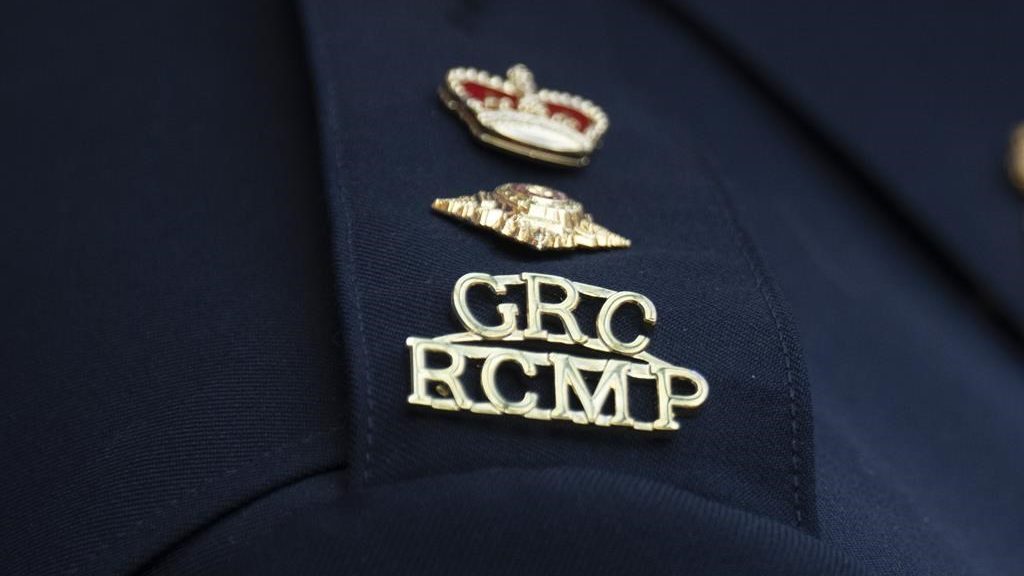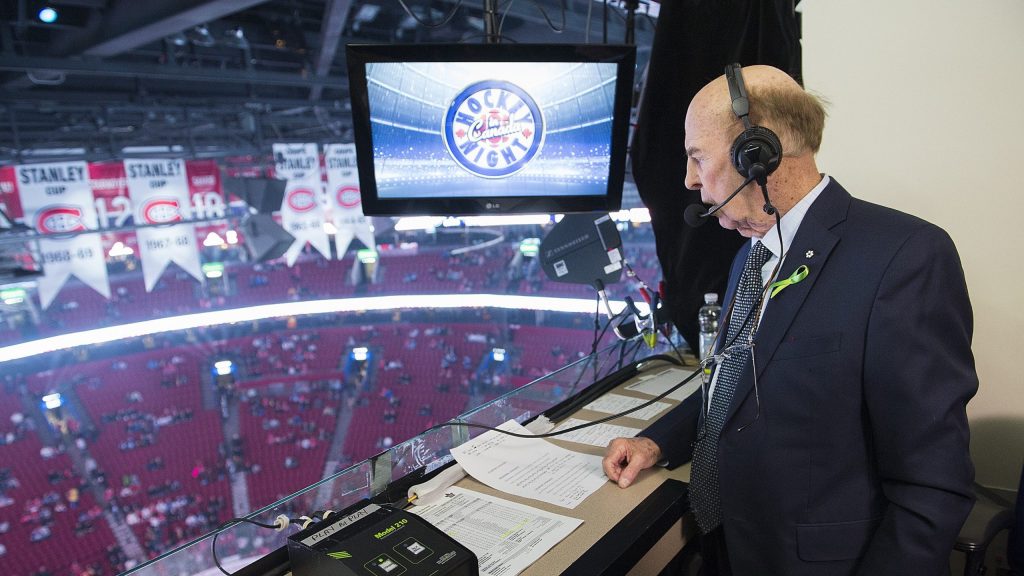Expert panel says horse racing in Ontario needs public support to survive
Posted Nov 2, 2012 06:27:27 AM.
This article is more than 5 years old.
TORONTO – An expert panel on Tuesday recommended Ontario let horse racing tracks offer other forms of gambling to offset the loss of $345 million a year in slot machine revenues, including betting on races from the past.
A panel of three former cabinet ministers said racetracks should be allowed to offer a racing-specific lottery, a sports book or a new product called historical horse racing, which involves betting through an electronic terminal on the outcome of past races, which are not identified to the player.
“These new products could potentially generate revenue that could be used to offset the need for direct public funding, enhance live racing in Ontario and return revenue to the treasury,” concluded the panel’s report.
The report said it would be a mistake to reinstate the slots at racetracks program, which accounted for 64 per cent of the annual income for the province’s horse racing sector and more than 60 per cent of purse money.
“The program has provided far more money than was needed to stabilize the industry — its original purpose — and has done so without compelling the industry to invest in a better consumer experience,” said the panel.
It also said racetracks will need government help to survive, but did not repeat a conclusion in its interim report that $50 million over three years in government transition funds was “insufficient” to get the sector to sustainability.
“Scanning other jurisdictions, the panel could not find a single example of a viable horse racing industry without some form of public support,” said the report.
“With purses fully funded from the parimutuel handle, racetracks will require government investment in their operations.”
Critics accuse the Liberal government of putting 55,000 jobs in the horse racing sector at risk as it cuts spending to trim a $14.4 billion deficit, but the Ontario Horse Racing and Breeding Association said it views Tuesday’s report as an opportunity to start meaningful negotiations directly with the government.
“As our industry continues to crumble around us, OHRIA can’t sufficiently state the urgency for these negotiations to commence immediately,” said association spokeswoman Sue Leslie in a release.
Having slot machines at 17 Ontario racetracks generates $1.1 billion profit for the province each year, said the association.
“It is considered unlikely that a racetrack will survive by offering live racing without deriving revenue from slots and-or other forms of gambling,” the association concluded in its report on the industry’s future in Ontario.
The NDP said the Liberals left the horse racing industry “out in the cold” and need to do much more to fix the crisis they’ve caused by scrapping the slots at racetracks program.
“With a swipe of a pen and without any consultation, the government cancelled a revenue generating program without providing an alternative to the industry,” said New Democrat Taras Natyshak.
“This report makes it clear that the horse racing industry needs some sort of public support to survive and transform.”
The Progressive Conservatives said the Liberals should have sat down with the horse racing sector before pulling the plug on the slot revenues.
“It’s extremely ironic the Liberals are now contemplating a direct subsidy,” said PC critic Monte McNaughton.
“The Liberals are gutting the horse racing industry and throwing thousands of people out of a job.”
The panel said it found “a genuine willingness” within the sector to build a new partnership with government, and it developed a new sustainable horse racing model that would make the industry more customer-driven by basing all purse money on the industry’s share of parimutuel wagering.
It’s proposing a schedule with 800 race days, about half the current total, and wants the Ontario Racing Commission to transfer its administrative function to a new industry-led entity within three years and maintain a purely regulatory role for itself.
Agriculture Minister Ted McMeekin asked the panel members to consult further with the industry to determine “its willingness to work together in a way that recognizes the public interest and the current fiscal climate.”










